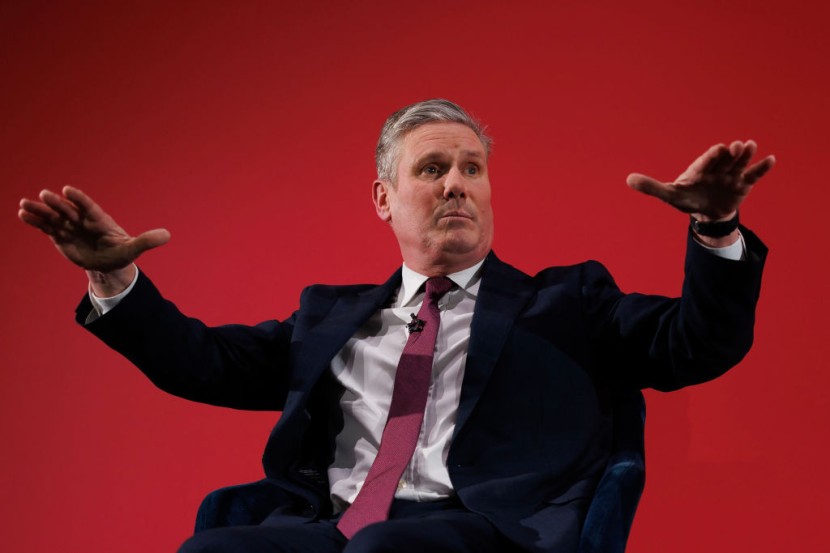Labour Party leader Keir Starmer defended the decision to turn back on the party's $35 billion a year green pledge, arguing that it was no longer affordable.
Starmer noted that the development was a result of the Tories crashing the economy. He also said that the Labour Party will still spend more than the Tories on green projects if it wins the election, adding that it was committed to "clean power by 2030."

However, British Prime Minister Rishi Sunak said that the Labour Party leader has "confirmed he doesn't have a plan for Britain." The party's announcement represents a major scaling back of the amount that it plans to invest in green industries if it wins power in the election.
It also follows several weeks of confusion about the policy itself, which has come under growing Tory scrutiny ahead of the election. In particular, the prime minister said that the borrowing required would force Labour to put up taxes, as per BBC.
Starmer also said that all the green plans that have been announced so far by his party, including money for battery factories and "clean steel" production, would remain in place. However, grants and loans to assist families to better insulate their homes will now be scaled back.
Furthermore, the investment package will be partly funded by taxes on energy firms' profits, rather than entirely by more government borrowing. The $35 billion green pledge was first announced in 2021 and had already been significantly watered down through the years by the Labour Party.
Shadow chancellor Rachel Reeves announced last June that the spending target would only be met after 2027 instead of from the first year of a Labour government. The party then opted to include roughly $12.6 billion per year of planned government spending in its figure.
Read Also : EU Takes Legal Action Against Hungary
Committing to Green Commitments
The situation comes as the Labour Party is on course to win an election that is expected later this year, based on opinion polls. On the other hand, the Conservative Party has zeroed in on the green policy over the last year, arguing that it could result in higher borrowing costs and tax rises for the public, according to Reuters.
The Labour Party, which lost power in 2010 in the aftermath of the 2008 financial crash, has long tried to portray itself as the party of fiscal responsibility. This was part of its efforts to rebuild confidence that it can be trusted to run the country's economy once again.
While the party's decision to cut down on its green pledge was made in part to shield against repeated attacks from the Conservative Party, it angered environmental campaigners. The latter said that it would push up costs in the long term and make it even more difficult for Labour to reach ambitious green targets.
The Unite union said that the party risked "outsourcing their policymaking to the Conservatives." On the other hand, the energy industry's trade group said that it was concerned about the reduced ambition for "the future of our sector in the UK," said The Guardian.
Related Article: Anthony Blinken Returns To Washington Following Rough Negotiations With Israel And Hamas
© 2026 HNGN, All rights reserved. Do not reproduce without permission.








